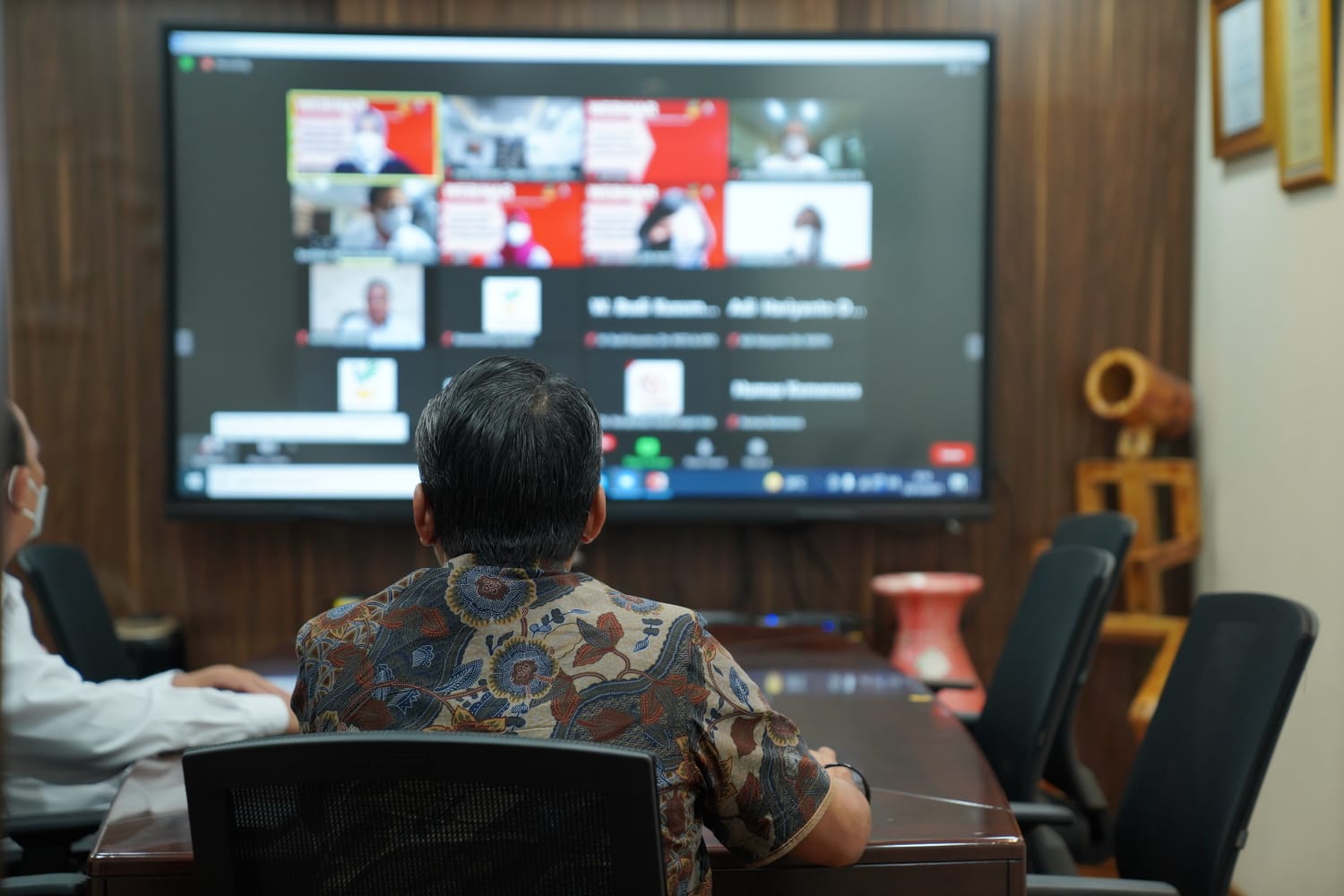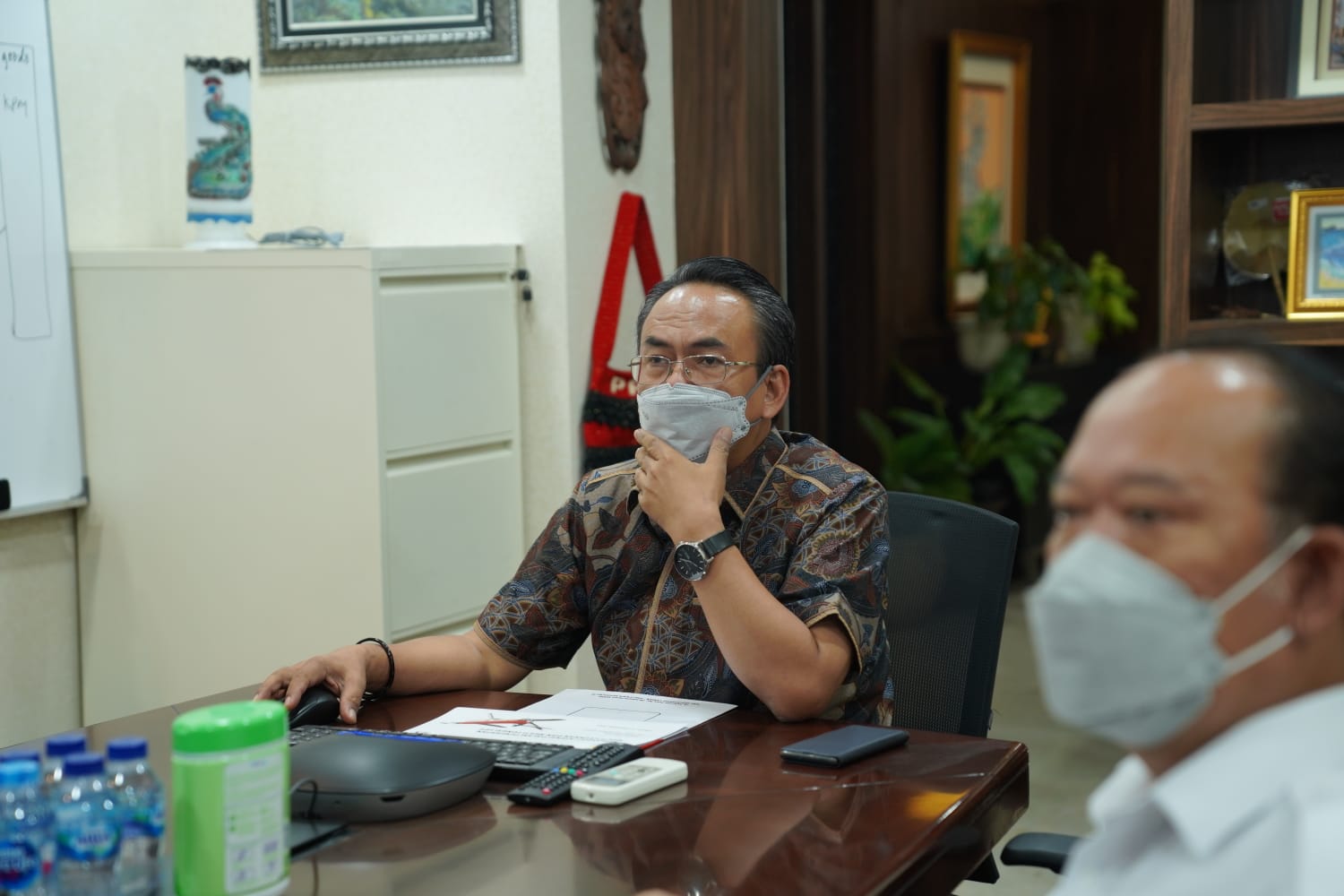JAKARTA (23
December 2021) - The Directorate General of Social
Rehabilitation of the Ministry of Social Affairs held a Webinar on Basic
Technical Guidance for Social Rehabilitation Assistants with the theme
"The Spirit of ATENSI in the Implementation of the UPT Multifunction
Multi-Service Policy".
This
Technical Guidance aims to increase the understanding of social rehabilitation
assistants in implementing the Social Rehabilitation Assistance (ATENSI)
program, to know the duties and functions of implementing multi-service and
multifunctional policies of the UPT Directorate General of Social
Rehabilitation, to increase the ability in rapid assessments and to disseminate
employment social security.
Social
Rehabilitation Companions as Frontliners for the implementation of ATENSI must
begin to hone their skills in various matters, one of which is a comprehensive
assessment, starting to change the service paradigm from fragmentary to
multi-functional.
The Minister
of Social Affairs Regulation Number 7 of 2021 on Social Rehabilitation
Assistance states that ATENSI services are provided based on the principle of
multifunctional services, namely ensuring that ATENSI implementation responds
to various social problems that require immediate or urgent treatment to be
served.
"Social
Rehabilitation Companions do not only respond to children's problems, but also
the elderly, people with disabilities, victims of drug abuse and persons with
social deviance issues and victims of trafficking in persons," said Acting
Director General of Social Rehabilitation, Harry Hikmat.
He also said
that ATENSI services must also be integrated with other Ministry of Social Affairs’
programs. "It is the policy strategy that will lead to the integration of
services. I hope that all parties can oversee this change process," he
said when opening the Webinar for the Basic Technical Guidance of Social
Assistance.
Harry said
that social companions do not only respond to individuals, but also families
and their environment. "For example, a companion finds a child who has
been abandoned by his parents. It's not only his child who is given social
services, but also his parents. It could be that based on a comprehensive
assessment, his parents are experiencing economic difficulties, so they are
forced to neglect," explained Harry.
If they find
such conditions, the facilitators need to provide appropriate recommendations,
for example accessing them to the Ministry of Social Affairs' program, namely
the Entrepreneurship Program so that their parents get out of difficult
economic conditions.
 English
English
 Bahasa
Bahasa


